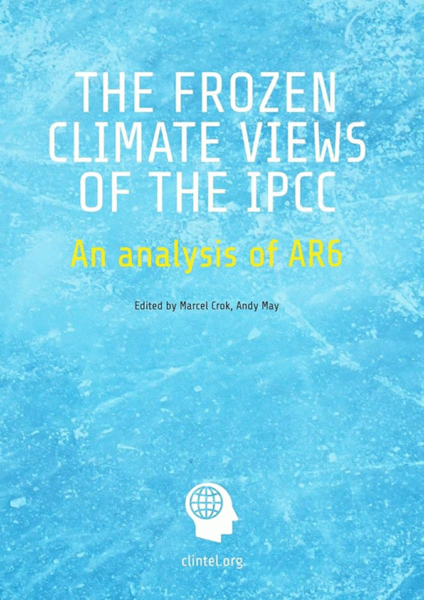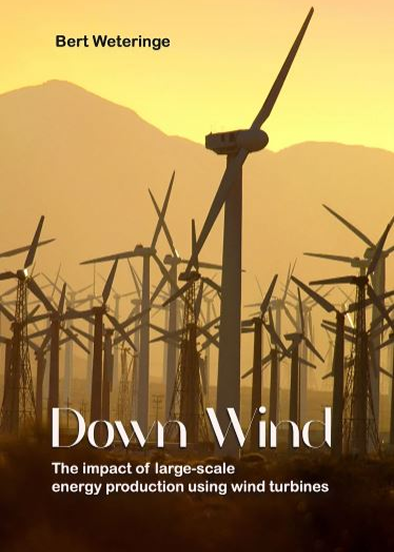Public Interest in Climate Change Wanes says Friends of Science Society
Recent polls indicate that climate change action is no longer a priority for most North Americans, says Friends of Science Society. This runs counter to the 89% climate action advocacy media project of Covering Climate Now and counter to claims of Canada’s Abacus Data of a spike in climate interest by the public.
CALGARY, AB, July 17, 2025 /PRNewswire/ — Results of a new poll by the American Enterprise Institute (AEI) think tank published on July 09, 2025, show that Americans are more interested in reliable, affordable power, driving conventional Internal Combustion Engine vehicles over Electric Vehicles, and are generally unconcerned about the alleged “climate crisis,” says Friends of Science. The report on the poll results is titled, “The Science vs. the Narrative vs. the Voters: Clarifying the Public Debate Around Energy and Climate.” It includes a helpful chronology of how climate change escalated to a ‘climate emergency.’
Friends of Science Society has produced a new video explainer titled, “Abacus Data is at it Again on Climate Change.” The video critiques climate advocacy claims made by Abacus Data in a recent poll, who frame their findings as “Public concerns about climate up 15-points since October 2024.” For Canadians, according to the Abacus poll, the top three priorities are: 1) the rising cost of living (59%); 2) Donald Trump and his administration (46%); 3) the economy (38%). Climate change and the environment comes in at just 14%, in eighth place on a list of 13 priorities.
The AEI survey finds that Americans’ top three priorities are: 1) strengthening the nation’s economy (70%); 2) fighting inflation (68%); 3) defending the country from future terrorist attacks (63%). “Dealing with climate change” is in 15th place out of 18 priorities, at 40%.
The AEI survey of Americans asked what people would be willing to pay for climate change action. “When asked if they would support just a $1 monthly fee on their electricity bill to fight climate change, only 47 percent say they would, while almost as many (43 percent) were opposed…and at $100, the ratio is 1:7, with just 11 percent in favor of paying such a fee to combat climate change and 77 percent opposed.”
By contrast, the Abacus Data survey included no such question and that is the focus of much of Friends of Science Society’s critique. In Friends of Science Society’s report “What are climate policies costing Canada?” author Robert Lyman states, “The total federal and provincial expenditures on climate measures over the period 2020 to 2030 as listed by the Carbon Policy Tracker are $476 billion or $11,900 per resident of Canada. This equates to roughly $28,000 per household (i.e. an average of $2,800 per household per year). This is just what has been announced to date; there remain five more fiscal years before 2030 during which governments may add more initiatives.”
Friends of Science Society is critical of Abacus Data’s questions which conflate extreme weather events, floods and wildfires with evidence of climate change. As stated in the AEI findings, such claims are not consistent with the Intergovernmental Panel on Climate Change (IPCC). The AEI authors state, “The catastrophism around climate change, as noted in the first section, is not consistent with the IPCC’s scientific findings, despite the claims of the (climate alarmist) narrative…”
Covering Climate Now, a media umbrella project has been pushing their 89% climate action project, claiming there is a pro-climate action “silent majority.” A Western Standard article of April 22, 2025 deconstructs the 89% surveys, noting that their reference to people being willing to spend 1% of their income on climate action. That means Canadians would be spending about $431 per capita. In fact, Canadians are paying tens of thousands of dollars for climate action. If Canada’s emissions reduction targets were attained, the efforts might reduce global temperatures by 0.007 °Celsius (seven thousandths of a degree Celsius) by 2100. For this immeasurable amount, the country would be ruined by degrowth as outlined in Friends of Science Society’s videos “Canada’s Net Zero Climate Policies,” and “Net Zero – All Pain, No Gain.”
The AEI report features insights from polymath and energy expert Vaclav Smil’s report, “Halfway Between Kyoto and 2050: Zero Carbon Is a Highly Unlikely Outcome.” Smil sees the Net Zero 2050 target as unattainable – indeed, delusional.
About
Friends of Science Society is an independent group of earth, atmospheric and solar scientists, engineers, and citizens that is celebrating its 23rd year of offering climate science insights. After a thorough review of a broad spectrum of literature on climate change, Friends of Science Society has concluded that the sun is the main driver of climate change, not carbon dioxide (CO2).
more news
Yet more proof that Mother Nature is far worse than man-made climate change
New research suggests that prolonged natural drought — not ecological self-destruction — played a decisive role in the cultural transformation of Easter Island. Using hydrogen isotopes preserved in leaf wax, scientists reconstructed centuries of rainfall data, revealing a severe 16th-century drought that challenges the popular narrative of human-driven collapse.
Clearing up some misconceptions about the DoE report
After environmental groups sued to halt a critical Department of Energy climate report, accusations of secrecy and political bias quickly followed. Ross McKitrick responds by challenging what he calls widespread misconceptions about the project, defending its transparency, scientific grounding and editorial independence.
India Builds a ‘Fossil Future’
While Western governments continue to speak the language of net zero, India is rapidly expanding coal, oil and natural gas production to secure long-term energy security and economic growth. By strengthening hydrocarbon trade with the United States and other partners, India is building what the author calls a “fossil future,” prioritizing reliable and affordable energy over climate pledges.






